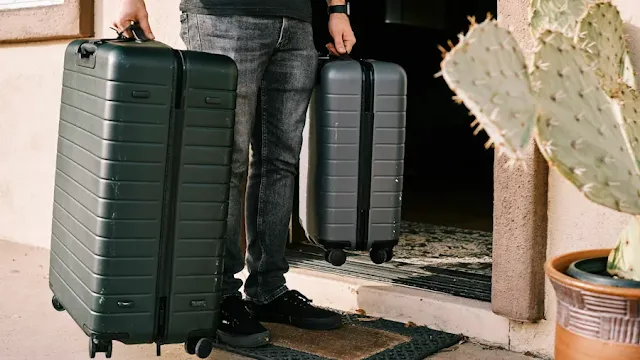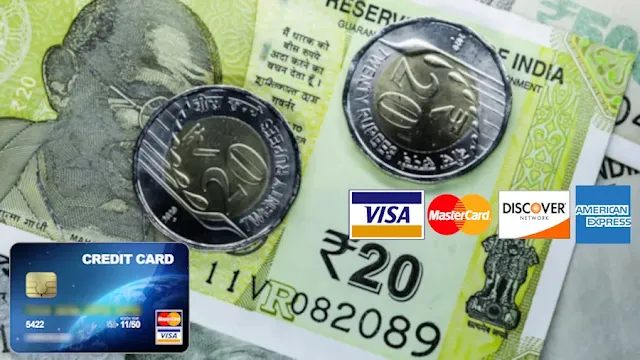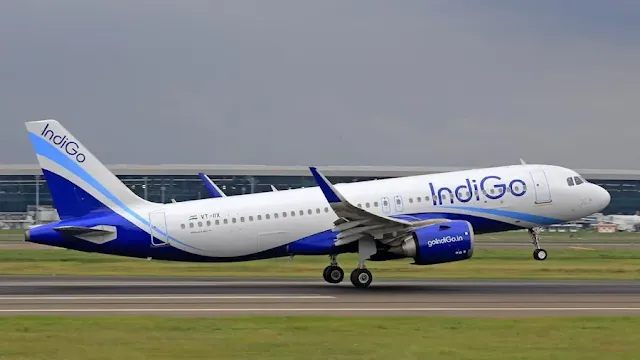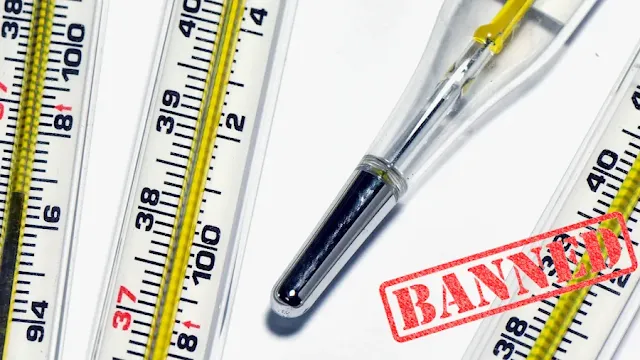When preparing for a flight, it’s essential to know the regulations surrounding what you can and cannot bring in your hand luggage. This is especially true for items that may seem harmless but could be subject to restrictions due to security concerns. One such item is a rope. If you're wondering whether you can take a rope in your hand luggage on India flights, this article will provide you with the information you need.
Security Regulations for Hand Luggage
The Bureau of Civil Aviation Security (BCAS) in India is responsible for setting the rules regarding what items are permissible in hand luggage. Generally, the regulations are designed to ensure the safety and security of all passengers and crew on board.
Can You Bring a Rope in Your Hand Luggage?
Ropes are not explicitly listed as prohibited items by the BCAS. However, airport security personnel have the discretion to disallow items they believe could pose a security risk. This means that while you may be allowed to carry a small piece of rope or cord, larger or more substantial ropes might raise concerns. The final decision often rests with the security officers at the airport checkpoint.
Factors to Consider
- Length and Thickness: A small, thin rope is less likely to be seen as a threat compared to a longer, thicker rope.
- Purpose: Be prepared to explain why you are carrying a rope. If it’s part of sports equipment or necessary for specific travel purposes, make sure to mention this.
- Packaging: Ensure that the rope is neatly packed and does not look suspicious. Loose ropes can raise alarms and lead to additional scrutiny.
Tips for Traveling with Rope
- Check with Your Airline: Different airlines may have varying policies regarding what can be carried in hand luggage. It’s always a good idea to check with your airline beforehand.
- Consider Packing in Checked Luggage: If the rope is not essential for your immediate use, consider packing it in your checked luggage to avoid any potential issues at security.
- Carry Documentation: If the rope is necessary for a specific activity or work-related task, carry documentation or proof to explain its purpose to security personnel.
While ropes are not explicitly prohibited in hand luggage on India flights, they may still attract attention from security officers. The key is to ensure that the rope you are carrying does not appear suspicious and to be prepared to explain its use. When in doubt, consider packing the rope in your checked luggage to avoid any inconvenience. Always check with your airline for any specific policies they may have regarding carrying ropes in your hand luggage. Safe travels!
















